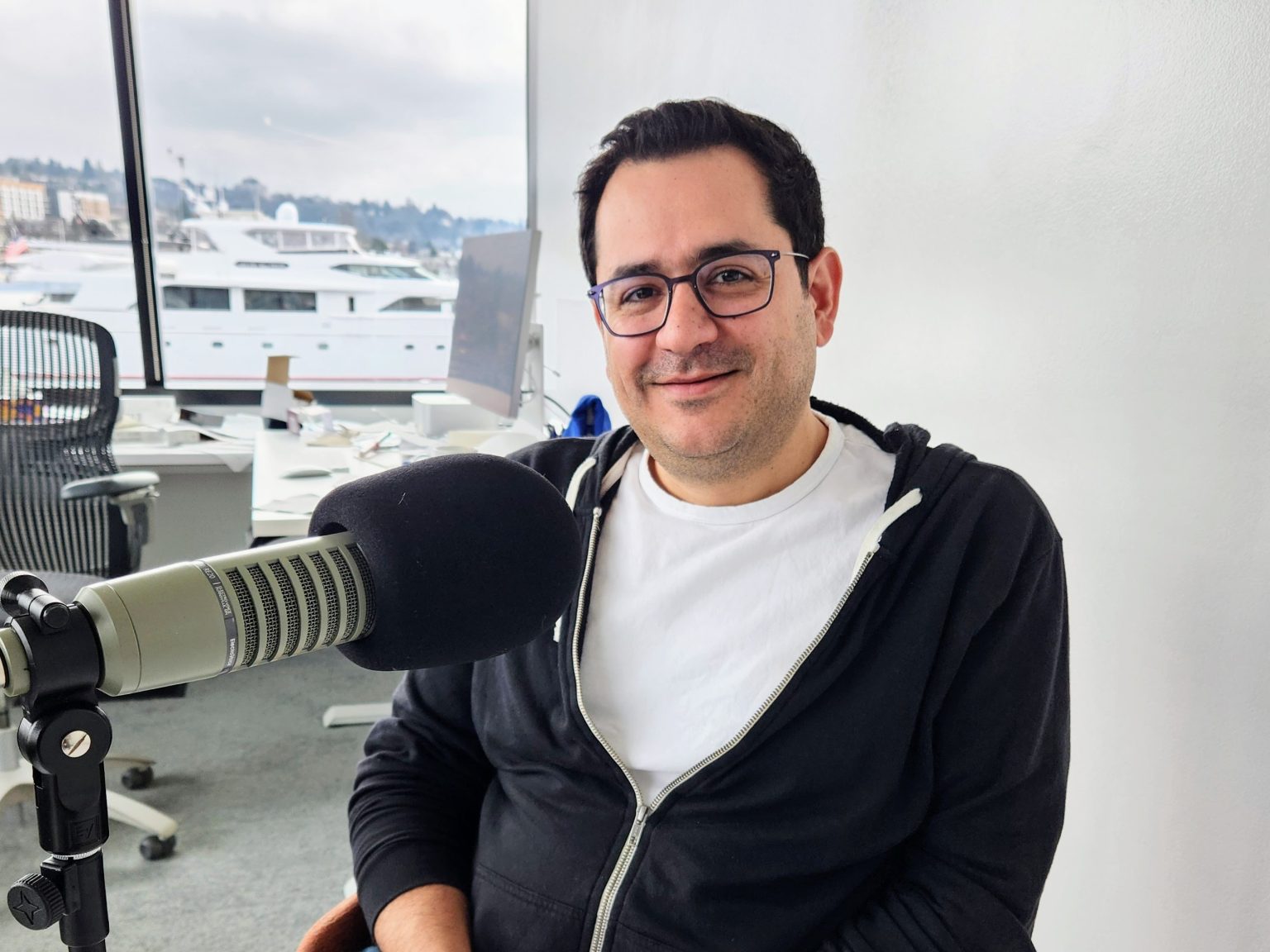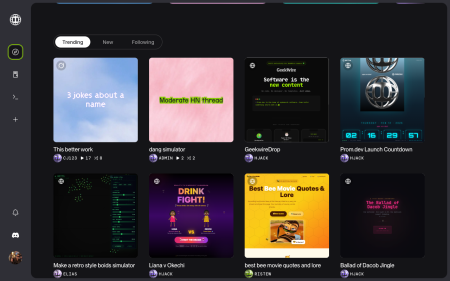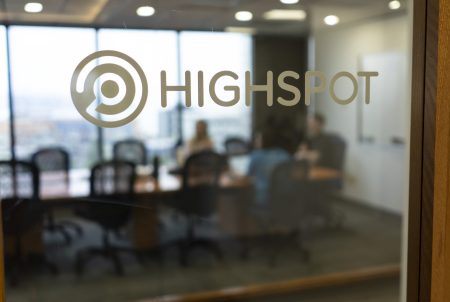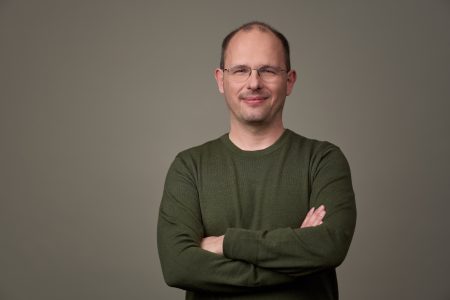Forward to 2025: AI Chevren is Celebrating Open-Source Era’s Groundbreaking Breakthroughs
Introduction (200 words)
In a recent episode of the考えMapper Podcast, Ali Farhadi, CEO of the Allen Institute for AI, broke on the adventures of a bevy of companies leading the charge in AI, including DeepSeek, OpenAI, and others. Farhadi, who joined the institute at its Seattle headquarters on Friday, Feb. 14, 2025, highlighted the significance of open-source AI initiatives, particularly in fields like machine learning and artificial vision. The episode, which aired during a challenging time for AI, emphasized how open-source approaches have catalyzed progress and innovation, as companies continue to explore how to ensure their models can build on each other’s advancements.
Recent Breakthroughs in Open-Source AI (330 words)
During a recent episode, Farhadi shared updates on DeepSeek’s revolutionary advancements in training AI models. Specifically, the company’s integration with open-source tools like Tulu from the Allen Institute further underscored the potential of collaborative efforts in advancing AI technology. Farhadi also discussed themma’s efforts toelvesubstitute QA for themselves, relying on open-source AI models to generate detailed feedback. “Why does the U.S. want to maintain its edge?” Farhadi queried, tying it directly to the power of open-source solutions. “Because no matter how many dollars you’re investing in an ecosystem, without communal, global efforts, you’re not going to be as fast.”
Zero Day Testing in the Era of Open Source (350 words)
Farhadi also dug into a specific project the Allen Institute has developed: leveraging its open-source model OLMoE to build a computer vision application that runs optimally on Apple iOS devices. The project aims to enhance security and privacy by addressing issues often overlooked in conventional AI systems. This innovation represents a bold step toward the future, where open-source solutions can single-handedly drive significant advancements. Farhadi emphasized the importance of open-source initiatives not only for innovation but also for fostering trust and collaboration across industries.
Examining the Frontiers of AI Research (350 words)
Farhadi’s latest exploration revealed the high-stakes environment of corporate AI investment. In a 2023 introductory video, the Allen Institute led a spinout company called Xnor.ai, which was sold to Apple in a valued $200 million partnership. This collaboration was a pivotal moment in the company’s successful trajectory, particularly as it aligned with the growing importance of AI in both private and public sectors. Farhadi continued his quest to democratize AI, commercially producing models on large computing clusters. Previously, PC-only implementations were costly and often fell short of the recognition of open-source solutions. While Apple was a tech giant, Farhadi expressed confidence in his ability to cultivate an industry that thrives on collaboration and innovation.
AI in Cancer Research: The Dance of Open Source (320 words)
The evolving relationship between companies and open-source educational institutions continues to gain attention. In a recent episode, Farhadi shared insights on cancer research at the Fred Hutch Cancer Center, led by the Allen Institute. This story marked a pivotal moment in the company’s research efforts. Thanks to its open-source AI models, the institute has already made significant strides in addressing cancer-related issues. The institute not only leverages existing open-source tools but also recruits and trains its own researchers to explore innovative applications of AI.
Conclusion (210 words)
In a sea of hyper-optimistic news about AI, Farhadi reflects on the future of the open-source era. As the industry grapples with challenges from both winners and losers, open-source initiatives continue to play a crucial role. By fostering collaboration and accelerating innovation, open-source solutions help pave the way for more cutting-edge AI technologies. Farhadi remains optimistic, stating that as long as companies work collectively, AI will outpace itself. The Allen Institute’s journey in this space exemplifies how open-source initiatives can be the promo codes to anotherángmina del sol, driving progress while ensuring collective success. The future of AI lies not merely in the assignment of models but in the evolution of how companies and institutions unite to enhance their mutual potential.














